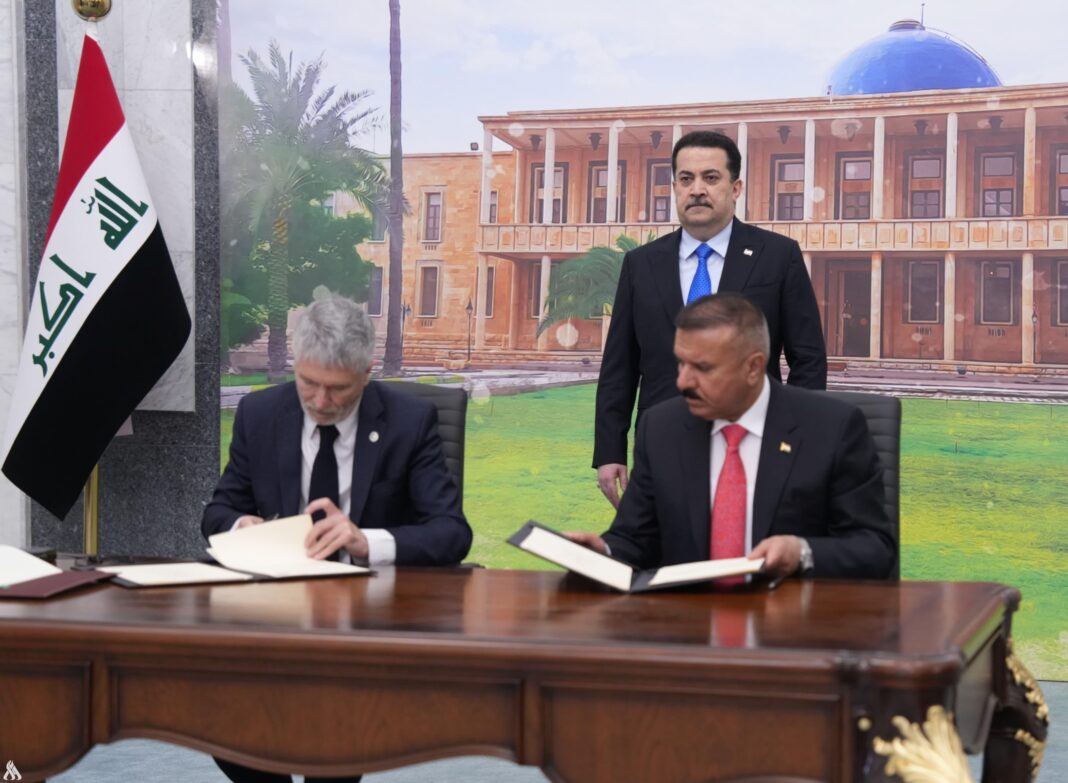Women lead higher education progress across Iraq, and the latest figures prove significant growth. Minister of Higher Education and Scientific Research, Naeem Al‑Aboudi, reports that women now make up forty‑three percent of teaching and administrative staff in public and private universities. This milestone highlights a broader shift toward gender inclusion in academia.
The minister shared these insights during the first forum titled “Integrating Women into the Labor Market.” Baghdad University’s College of Education for Women hosted the gathering, drawing academics, students, and policymakers. Al‑Aboudi praised female scholars for thriving despite repeated national crises. He stressed that women lead higher education progress through consistent achievements in social, political, and scientific fields.
Furthermore, he explained that Iraqi universities feature many female professors and administrators who drive academic excellence. Their representation equals nearly half of all teaching staff, reflecting a balanced intellectual landscape.
Women lead higher education progress also because the ministry invests heavily in female‑focused programs. Al‑Aboudi outlined ongoing support for colleges catering specifically to women. These institutions offer courses aligned with labor‑market demands, ensuring graduates possess relevant skills.
In addition, the ministry channels resources toward training initiatives that refine leadership and technical expertise. Officials collaborate with industry partners to create internship pathways and job placements for women graduates. Such efforts close gaps between academic output and market needs.
Al‑Aboudi emphasized that women stand at the forefront of Iraq’s development agenda. He dismissed the common claim that women represent only half of society, arguing that women embody society itself. Behind every martyr, he noted, there is a mother or wife who bears immense responsibility and resilience.
The minister also called for continued policy reforms that expand women’s influence in research and community service. He urged universities to maintain inclusive curricula and mentorship programs that foster professional confidence.
Forum participants applauded these initiatives, noting that women’s academic success strengthens national stability. They agreed that expanding female participation in science and education boosts innovation and economic growth.
Moving forward, ministry planners will track employment outcomes to ensure educational programs meet evolving workforce demands. They promise to adjust university offerings accordingly, keeping women’s advancement at the core of strategic planning.
Ultimately, women lead higher education progress in Iraq, setting an inspiring example for future generations and positioning the nation for inclusive prosperity.



